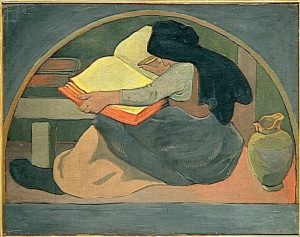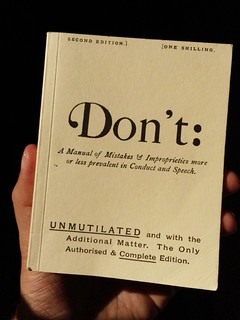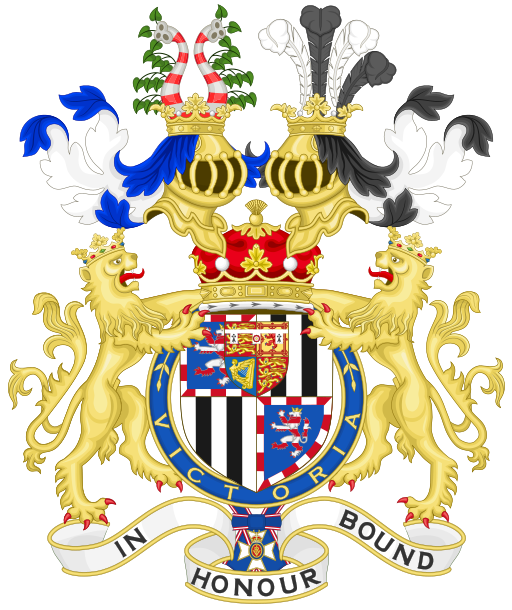Being a passionate reader as well as a writer, I have inhaled a large number of books about writing over the last (cough) years.

Here are ten I have found particularly helpful – though it’s worth remembering that your process may be different and therefore Your Mileage May Vary.
Becoming a Writer by Dorothea Brande
This book isn’t about writing per se; it’s about being a writer, a person who writes – and how to not be a person who wants to write but doesn’t. It’s not by any means a new book, but in my opinion it is darned good stuff. It’s encouraging, it’s practical, and it’s one of the books which frequently appear in the pile under my bedside table.
Save the Cat by Blake Snyder
Technically a screenwriting book, it is worth reading if only for the wit and enjoyment. Though fiction writing can be looser in structure than screenwriting, a lot of the lessons carry across (the Pope in the Pool is my personal favourite).

Story Engineering by Larry Brooks
If you feel you are lost in a swampy thicket of “I don’t even know where I am or what I’m doing here or what this book even is” then this is the book for you. I was first drawn to it by the structural aspects, but got a healthy dose of all the other essential elements of a successful book.
Plot versus Character by Jeff Gerke
How to plot for character-driven writers and how to character for plot-driven writers. A painless extraction. I feel it improved both my project in hand and myself as a writer in general.
Please Understand Me II – David Keirsey
A handy tool for when you’re mulling over your characters, considering each type’s values and how they function as leader, spouse, parent or child. I don’t advocate using it as a tool for creating your characters out of whole cloth, but it can help you fill out the dimmer corners.

The Irresistible Novel by Jeff Gerke
You will never come to the end of people telling you how every last detail of your writing should be done: rules, rules, rules. Jeff Gerke cuts through all that by pointing out that the only must is that you must keep your reader’s interest. And then he lays out a whole range of choices you need to make and gives you the information needed to make those decisions yourself.
Revision and Self-Editing for Publication by James Scott Bell
You get to the end of your epic first draft. You celebrate. You take some time off to let it settle, maybe work on something else for a bit. And then you come back and you look at that massive indigestible mass of paper. And what do you do then? You make yourself a cup of tea and you settle down with this book, is what.
Let’s Get Digital by David Gaughran
Basically the best book on self-publishing I’ve read to date. Currently in its third edition, but the first edition (2011) is freely available for download from his website if you want to get a feel for it (it’s under a CC-BY-NC-ND license). Mostly about ebooks (hence the title) but with a helpful section on print-on-demand as well.

How to Market a Book by Joanna Penn
What I like most about this book is that it doesn’t make you feel guilty for not being the world’s top salesperson. She lays out the many and various options for marketing your book and then lets you decide what will work best for you.
Rise of the Machines by Kristen Lamb
The how and why of blogging and other social media for authors. I haven’t necessarily implemented everything in her book, but it’s encouraging stuff and makes it all seem possible.
So there are my recommendations – what are yours?




